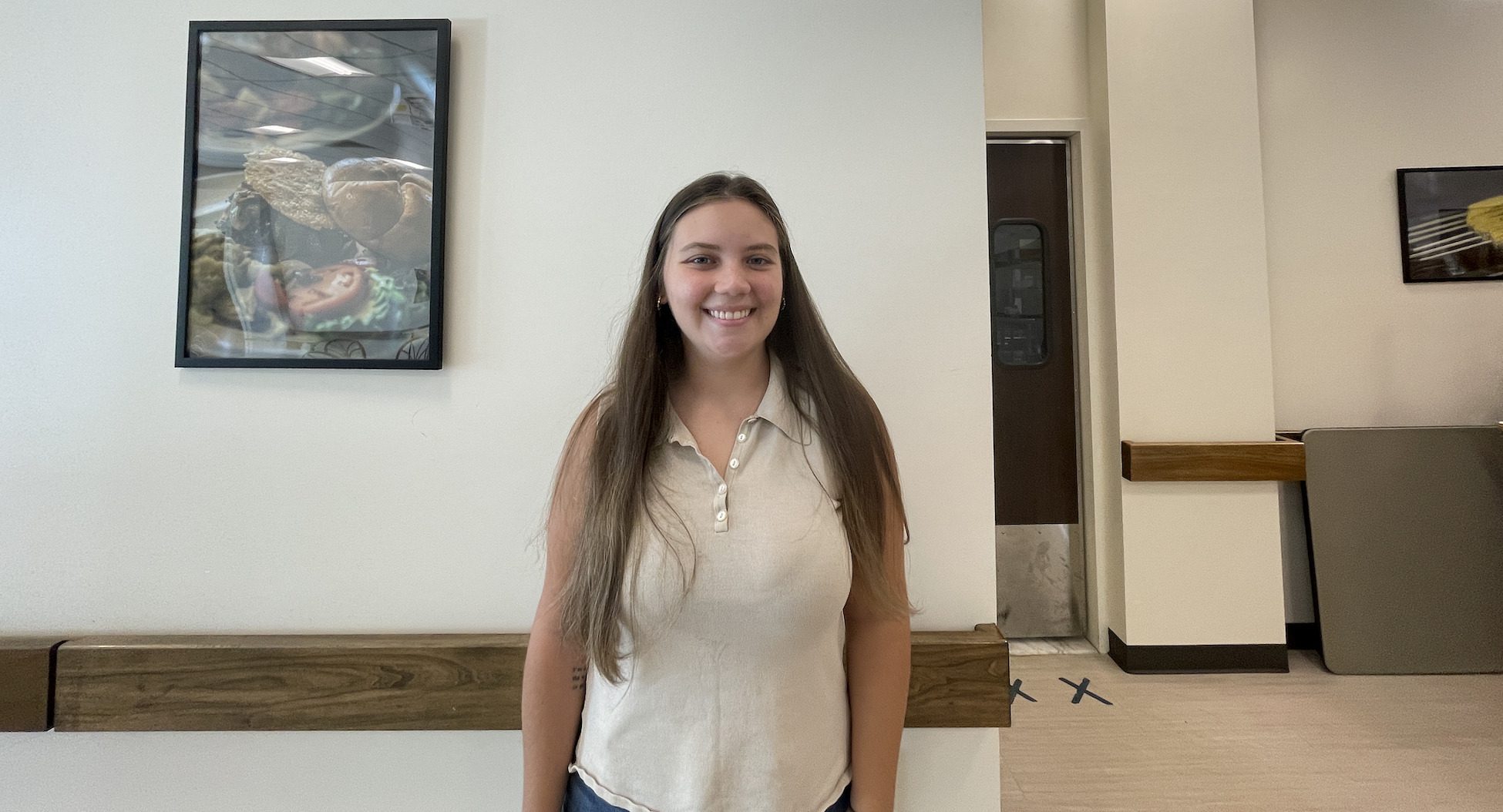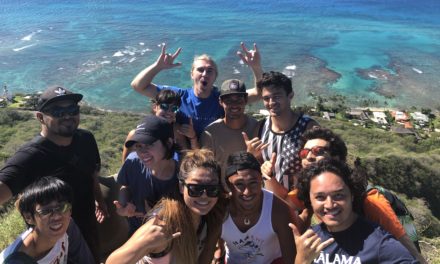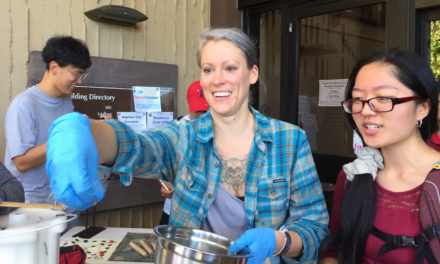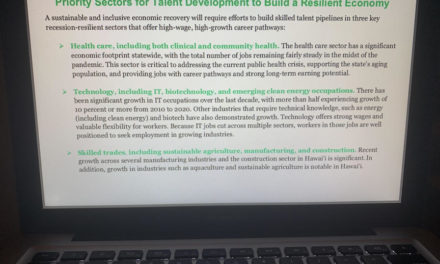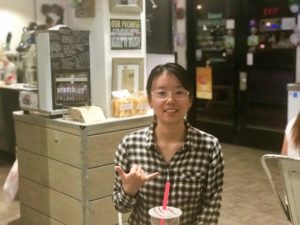By Writer Cameron Enomoto | Staff Writer
Kimberly Song
Role: President
Hometown: Bochum, Germany
Major: Psychology/Communications
Enomoto: What is your responsibility as President of Student Congress?
Song: In my position, I have to make sure that the team is on the loop with things. Meaning that everyone is doing what they’re supposed to do, I keep track of time, and I reach out to people. A lot of what I do is presentation to the outside so I have to go and talk to faculty, staff, and the chancellor.
Enomoto: What is the current initiative for Student Congress?
Song: We always base our initiatives on the spring survey, which is sent out in the spring semester. One of the main issues is food insecurity. A lot of students cannot afford the food we have here and we don’t have many food options available on campus. We’ve been working with the chancellor to bring more affordable food on campus. One of the other big initiatives we are working on is lowering summer tuition for all community colleges in the UH system.
Enomoto: Student Congress is recognized for hosting student events, what are the purposes of these events?
Song: We do events, though it’s not our main purpose. We host them to address some issues students face. For instance, at our LGBTQ event we had organizations share about student resources on campus and off campus. This semester we’re trying to bring more people back on campus which is why we’re had so many events at the beginning of the semester compared to other semesters.
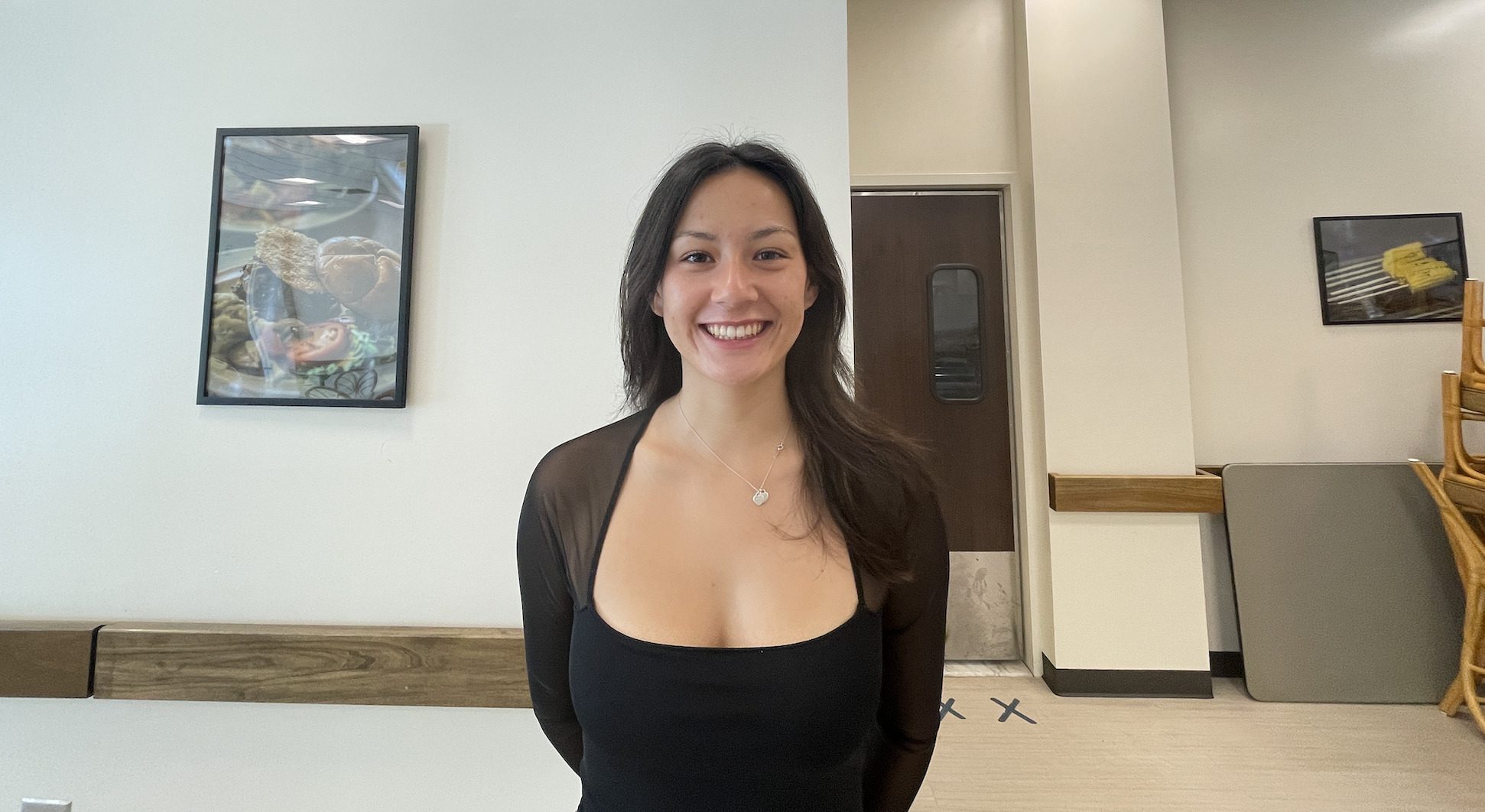
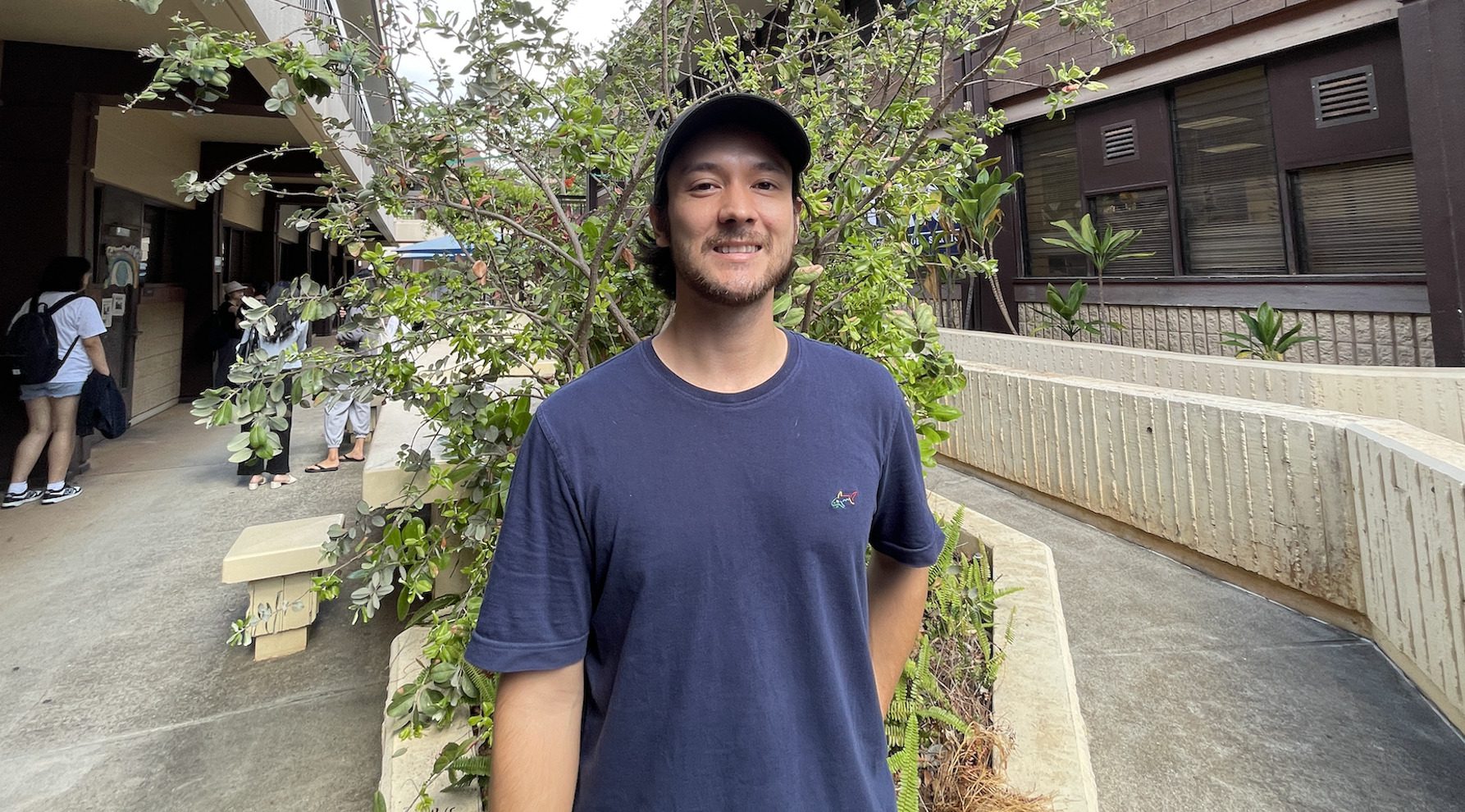
Zachary Gibson
Role: Vice President
Hometown: Phoenix, Arizona
Major: Botany
Enomoto: What is your responsibility as Vice President of Student Congress?
Gibson: My main focus is mostly relating to clubs. I have to make sure that the RIOs (Registered Independent Organization) have everything they need to be successful. I also help out all the other members of student congress to make sure our bases are covered.
Enomoto: What would a typical day look like for you as Vice President?
Gibson: Well it changes from time to time based on what we’re working on, but when planning events and talking to people, we all made these connections ourselves to be able to get information from others on campus. I would walk around to different offices on campus and introduce myself to give my spiel of what I’m looking for.
Enomoto: What is something that you’ve learned while being a part of Student Congress?
Gibson: Sometimes we put all this effort into certain areas and then we find out that what we’re working towards isn’t possible it’s kind of defeating. Though I suppose I’ve learned how to readjust and figure out the next best step instead of just stopping there.
Ratana Kim
Role: Secretary
Hometown: Phnom Penh, Cambodia
Major: Liberal Arts
Enomoto: What is your responsibility as Secretary of Student Congress?
Kim: My responsibility is taking minute notes during general and executive meetings. I am also responsible for responding to emails and managing Google calendar. Additionally I have to send out invitations for our general meetings and file documents to keep a record of everything.
Enomoto: What motivated you to join Student Congress?
Kim: I am a quiet person so I wanted to learn how to talk to more people and be outgoing. I kind of wanted to get into a leadership position since during COVID all of my classes were online. I could only stay at home for those two years and I couldn’t really talk to anyone.
Enomoto: What do you enjoy most about being part of Student Congress?
Kim: I enjoy socializing and working as a team with everyone. I want to be able to meet more people and learn about the many resources that are available on campus.
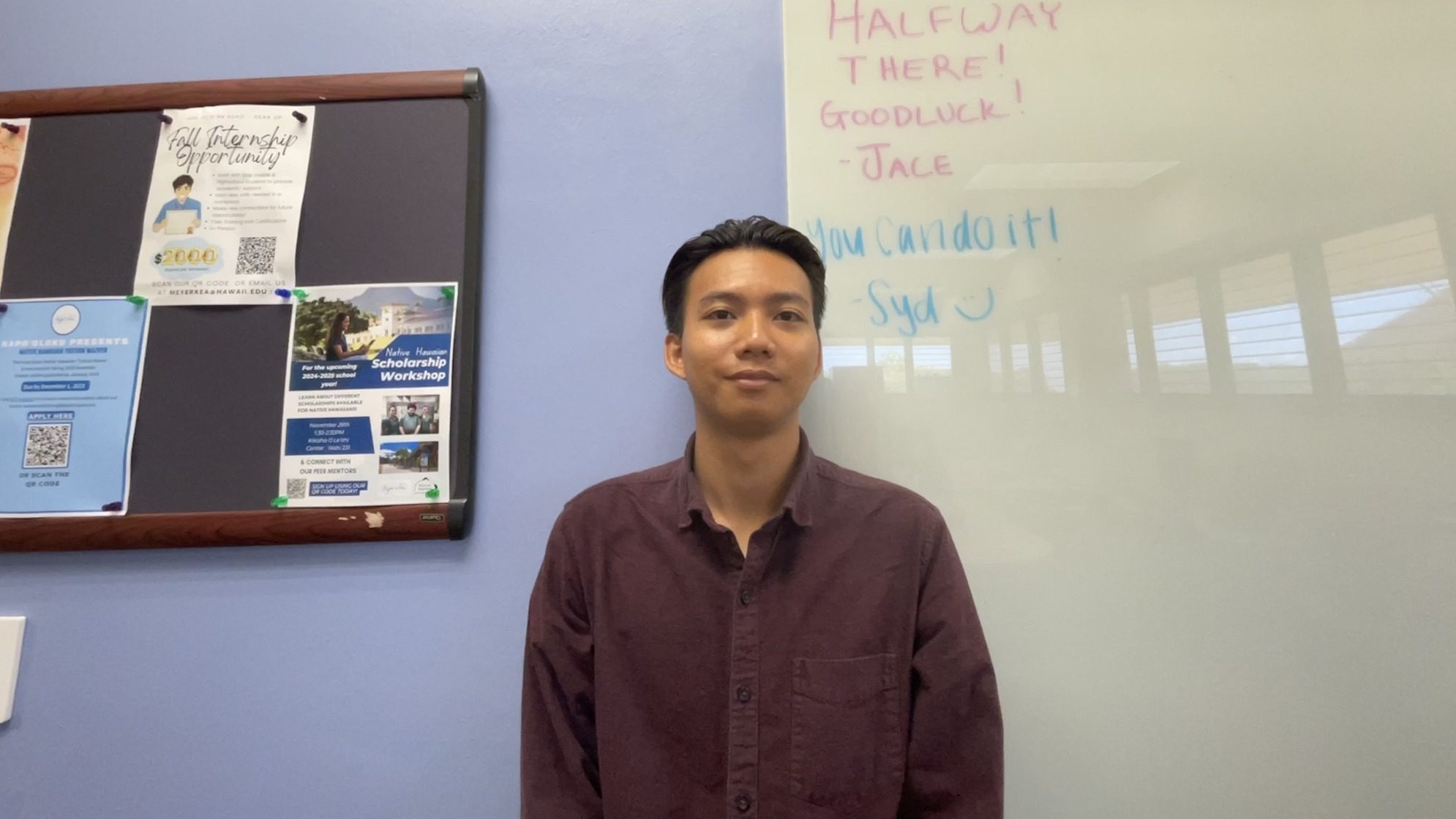
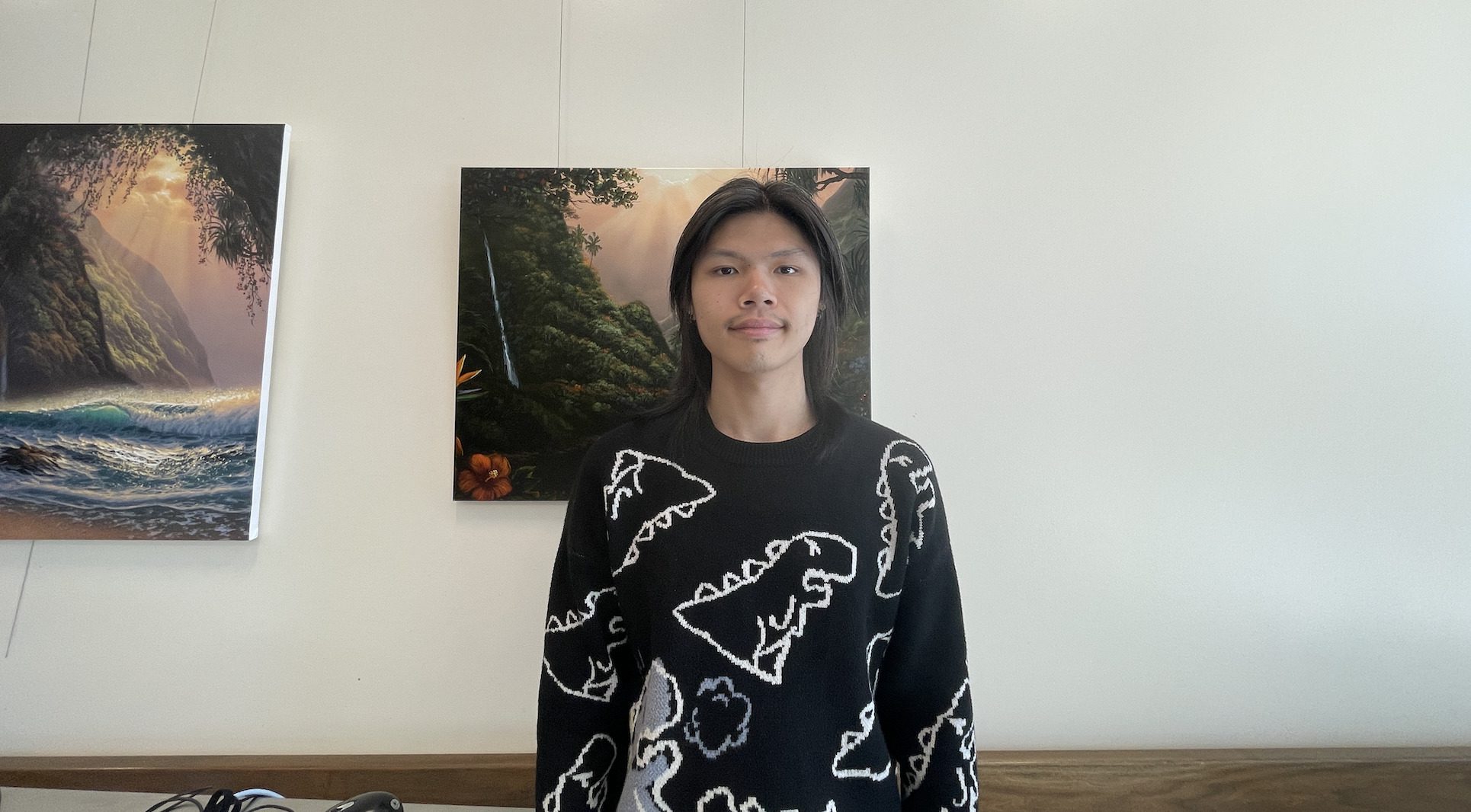
Martino Koo
Role: Treasurer
Hometown: Kuala Lumpur, Malaysia
Major: Information/Com Tech
Enomoto: What is your responsibility as Treasurer of Student Congress?
Koo: My responsibilities require a lot of paperwork, planning, and figuring out exactly where money should go for events. Kim [president] was the one who told me about the vacancy in the position and I thought it would be a good opportunity to join. It is fun from what we’ve been doing and I enjoy working with them.
Enomoto: What is a skill you gained from being part of Student Congress?
Koo: I think being able to get along with people who aren’t like me. I think it’s important to surround yourself with people who have skills that you don’t have. I would say that I bring a strong sense of dependability to the team since I’ll get on things that need to get done.
Enomoto: What has been the most challenging part about Student Congress so far?
Koo: I’m not really sure because I’m very fortunate to have a supportive team. We all get along daily well and we all have our own strengths and weaknesses that cover each other’s blindspots. In general, student congress isn’t difficult to handle, though we do have struggles when one member can’t work since we’re low on manpower.
Maria Schmitz
Role: Communications Officer
Hometown: Brusque, Brazil
Major: Hospitality
Enomoto: What is your responsibility as the Communications Officer for Student Congress?
Schmitz: I am the one responsible for social media, promoting events, and communicating with other organizations on campus like Kapiʻo News. I also handle advocating and advertising for Student Congress as well.
Enomoto: What is something that surprised you about Student Congress?
Schmitz: We have so many big ideas and it’s hard because all of them don’t depend only on us to be able to make it off the paper. Learning every step that we need to go through to make things happen has been a bit of a surprise and struggle sometimes. Of course it’s worth it because it’s all to be able to help the students.
Enomoto: What do you like most about your role?
Schmitz: I like that now students know who I am and they feel comfortable talking to me. I had lots of people who came to me for help because they knew that I was from Student Congress and I’m an international student. Sometimes I feel like when I was the student seeking help I didn’t know what to do and I felt uncomfortable going up to people so it’s nice that students know who we are and that they feel like they can approach us if they have any concerns.
